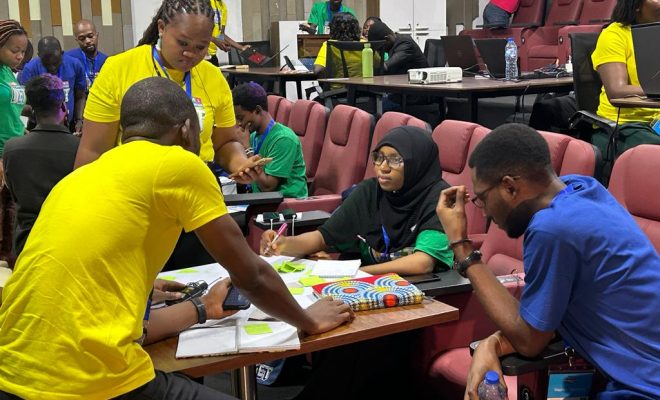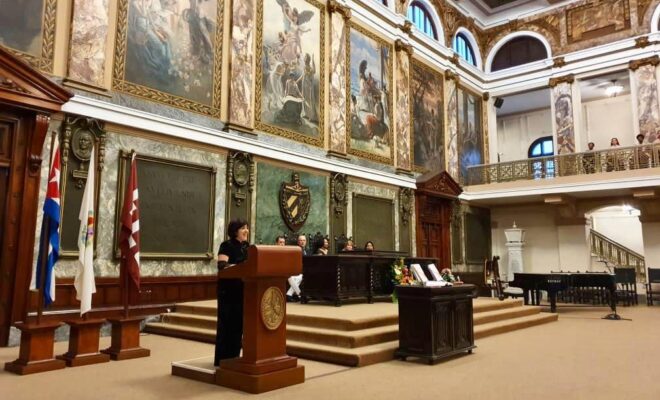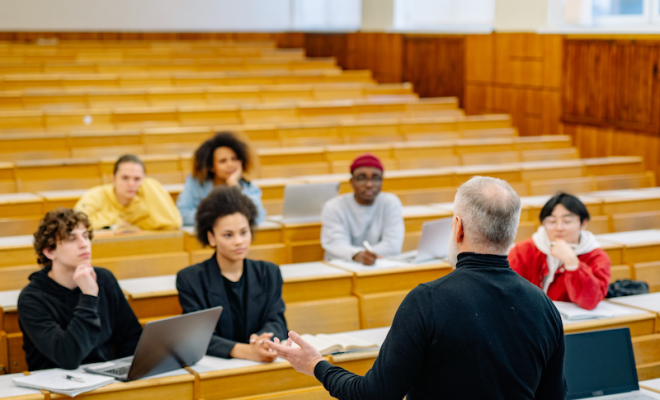UNESCO IESALC celebrated its 25th anniversary with a week of events
UNESCO’s Assistant Director-General for Education, Stefania Giannini, was in charge of opening the celebration of the 25th anniversary of the UNESCO International Institute for Higher Education in Latin America with a dissertation on “Trends in the future of higher education”.
First, she outlined some of the global trends and challenges facing our societies and our planet, such as climate change, natural disasters, loss of biodiversity, population growth, misinformation, hatred and the decline of civil and political liberties, among others.
She believes that among the pending challenges, equity persists: “Although extreme poverty has decreased in the last generation, inequalities have not…. Structural inequalities exclude many people from social, political and economic life as a result of their gender, ethnicity or location.”
Giannini views with utmost concern how armed conflicts, including attacks on education, which are on the rise, with 55 active conflicts in 38 countries being recorded in 2022: “Between 2017 and 2022, more than 14,500 attacks on education or military use of educational facilities were reported worldwide.”
She then considered the vision of the United Nations and its role in addressing these challenges, placing higher education at the forefront of the transformations required to address the crises and as a driver of freedom in the pursuit of “collective intelligence”.
She presented UNESCO’s roadmap for transforming higher education, in the wake of the 2022 World Conference on Higher Education, which proposes six transitions needed to transform higher education:
- Moving from exclusion to inclusion
- Higher education systems need to move away from a focus on single, vertical disciplines to a holistic approach
- Embracing transdisciplinary research and scholarship
- Lifelong learning models to address diverse educational needs
- Flexible and integrated models based on diversity
- Transformative teaching, learning and research with collaborative and connected programs
All these transitions are guided by fundamental principles of freedom, ethics and integrity and cooperation, with the participation of all, especially young people, and through mechanisms such as the UNESCO Global Convention on the Recognition of Qualifications concerning Higher Education, which establishes universal principles for the recognition of diplomas and simplifies procedures for the mobility of students and researchers.
Watch the full conference:
Watch the following video: About UNESCO IESALC which presents the institute as the sole specialized institute of the United Nations system with the mission to contribute to the improvement of higher education in member States.
Anniversary week
Throughout the anniversary week, we had online events with different actors in higher education, as well as virtual presentations of the trajectory and multiple projects of UNESCO IESALC.



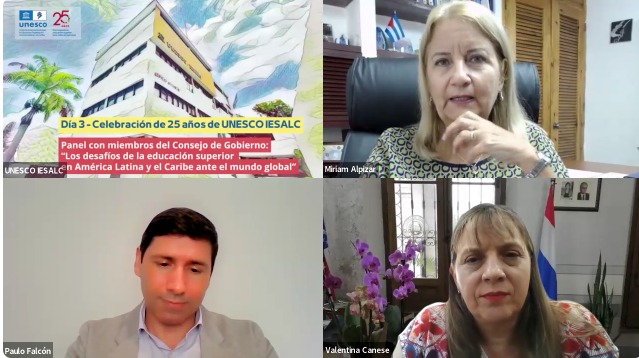

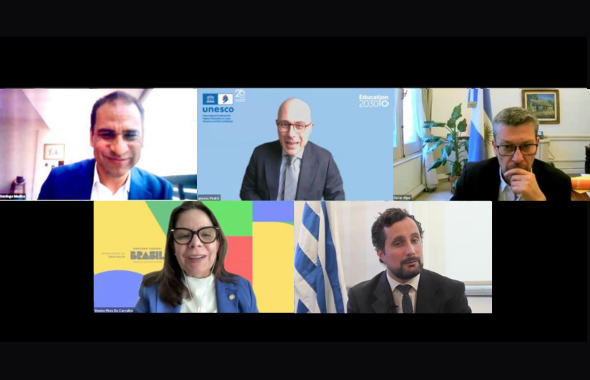


RELATED ITEMS





